The specifications to the RTX 4070 and its Ti variant have been doing rounds for a while now. With the launch and on-shelf dates just over a week away, new benchmarks for the non-Ti variant have been leaked.
The Geekbench 5 OpenCL score for the RTX 4070 is 177594. This puts it at par with the previous gen RTX 3080 and about 19% slower than the RTX 4070 Ti.
This performance score should not be surprising. This is in view of the fact that the 4070 comes with 5888 CUDA Cores when compared to the 4070 Ti’s 7680 CUDA Cores, about 23% less.
The non Ti variant also features a slower base clock frequency and therefore a slower boost clock frequency as well. The memory bus size, however, remains the same for both.
Given all these factors, the fact that the RTX 4070 is losing out by just 19% despite losing about 25% of the CUDA Cores, is really impressive.
The non Ti variant also has a lower TGP of 200W when compared to the 4070 Ti’s 285W. For the RTX 4070, the benchmark says that the average gaming power is rated at 186W.
It has to be noted that the previous generation RTX 3080 12GB consumed about 300-320W for the same performance. This is seen as a huge increase in efficiency.
As for compute performance using FP32 comparisons, the RTX 4070 features 29 shader FP32 TFLOPs, 67 RT TFLOPs, 300 OFA and 400 Tensor TOPs. This happens to be a bit lower than 4070 Ti’s 40 TFLOPs.
This makes the RTX 4070 a really lucrative purchase for anyone who doesn’t mind a slight performance drop.
Priced at an MSRP of $599 on launch day, some custom models are set to be priced at a premium. The launch day of 13th April,2023 is not far and actual user tests will say how accurate the benchmarks have been.
About Nvidia
NVIDIA Corporation is an American multinational technology company incorporated in Delaware, based in Santa Clara, California. They design graphics processing units (GPUs) for the gaming and professional markets, as well as system on chip units (SoCs) for the mobile computing and automotive market.
Best known for the “GeForce” lines of GPUs, they are a direct competitor to AMD’s “Radeon” series. NVIDIA has also expanded its offerings with its handheld game consoles Shield Portable, Shield Tablet, and Shield Android TV and its cloud gaming service GeForce Now.

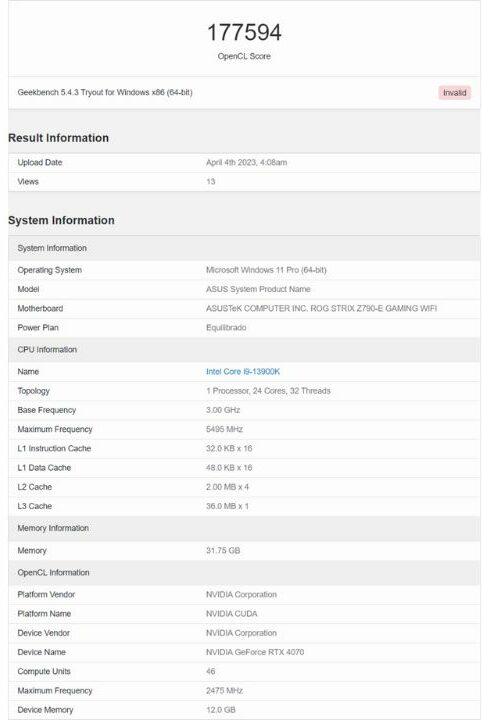
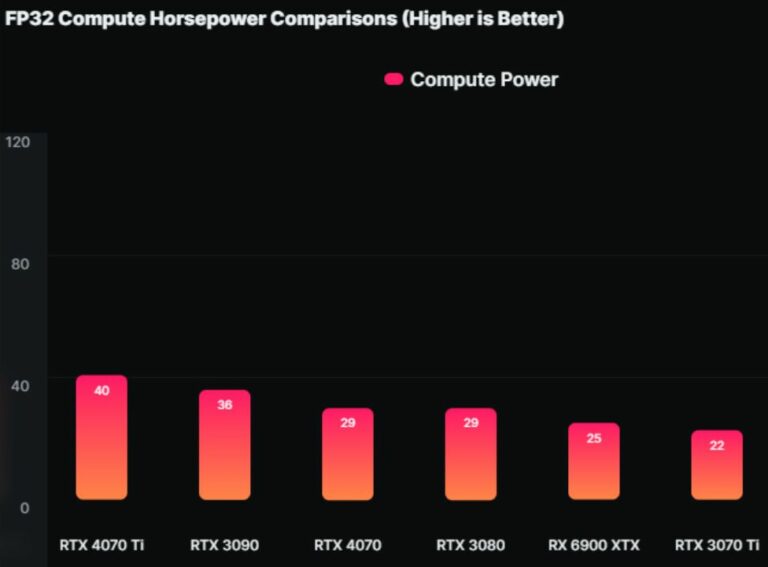
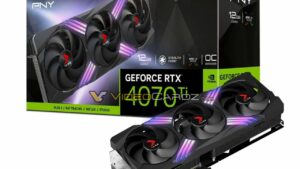

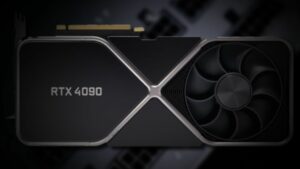
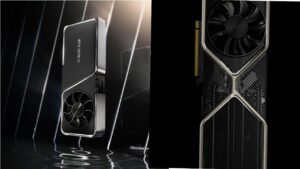
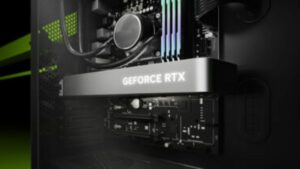

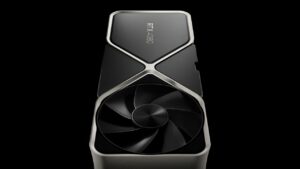
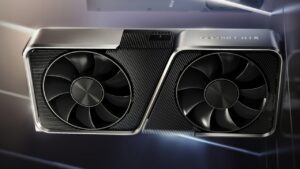
No Comments on RTX 4070 performance at par with RTX 3080 and slower than RTX 4070Ti